Everything on model trains, model railroads, model railways, locomotives, model train layouts, scenery, wiring, DCC and more. Enjoy the world's best hobby... model railroading!
Ways To Remove Flex Track and Ballast
Ben posted this question for readers:
“Is there a way of easily and cleanly removing flex track and ballast? I am thinking of replacing my flex track with regular track that I think will look less fake.”
If you have a question, then have it published on the Blog. See the link below.
8 Responses to Ways To Remove Flex Track and Ballast
Leave a Reply








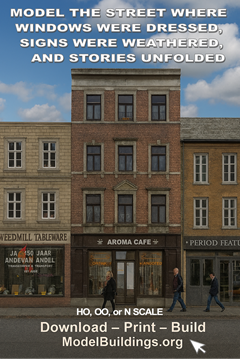



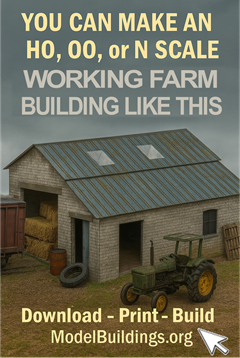
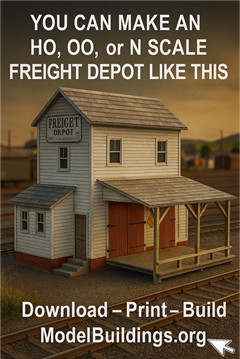
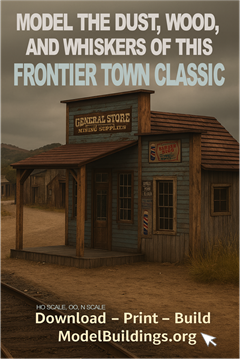
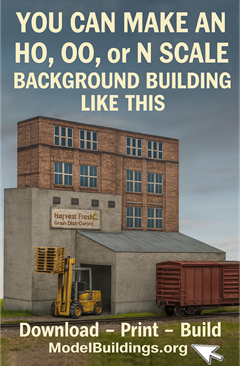

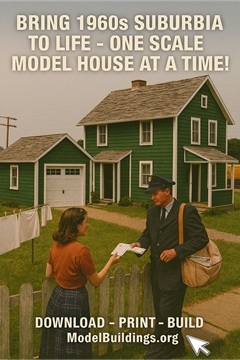
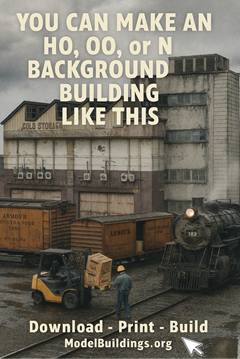
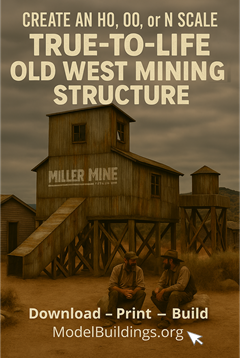
Hi Ben
Depends on how your flex track is held down if it is with track pins and white glue then withdraw all the track pins and soak the ballast in near-boiling water this will soften the glue and allow you to lift the track but use a wide spatula to assist with the lifting
Yikes! what do you mean by “regular track”? Flextrack from all manufacturers is many times more realistic than rigid straights and inflexible set curves. There is a reason they are called “set track” – it’s because they are designed for train sets, not for larger layouts.
Please post a picture of your current track, and if possible one of the proposed track just in case I’ve misread your question.
I mean track without plastic attached – kato.
The use of flex track has been around for many years. The “plastic” you refer to sounds like the ties. They are easily done over to look more like wood than wood itself. Real wood is “oversize” for HO. Might even be too large for O. But I use PECO and simply spray it with a light overlay of brown that dulls the plastic and makes the ties look like real wood. Slight touch up with other shades of brown/ish colors. Wipe rail tops and inside edges so they are bright and there you have it. Nice looking track that looks pretty darn good. As for the roadbed/ballast. Those require careful work but do enhance the overall appearance. Fast track makes nice looking track too, but requires a lot more work. Hope this helps.
I think Ben may be getting his terminology mixed up. It sounds to me like he is using Kato “set track” and wishes to change to something like Peco flex track or similar. To answer his question on that basis it will depend on how his Kato track is fixed down ie: glued or pinned or screwed.
If the ballast and flex track are separate then spray copious amounts of water on the track, wait a few minutes then use a chisel under the ends of ties and gently pry up. this will work if the ballast is secured with white glue. work slowly. I like to free half of one side before moving to the middle and other sode
I cannot imagine anyone would consider Kato track less “fake” than well-laid & ballasted flexitrack. Maybe Ben really needs to know how to do that rather than replacing what he has with Kato (although I have to admit, Kato is well engineered and has a good, compatible overhead electrification system, but that is because the whole thing is intended to be laid, taken up and then re-laid again in the confines of a very small Japanese home).
Sound like Ben is wanting to replace the track with the plastic ballast to a more “realistic” looking flex track with no plastic grey ballast attached. That’s what I infer from his description. Ben, if you’re wanting to replace the plastic ballasted track it would depend on the way you laid the track. Usually that type of track is laid with small nails driven through the track into the substrate you used. The plastic ballasted track does not look real and regular flex track can be used to replace that type of track. Flex track can be weathered to look like real railroad track. I hope I haven’t missed the mark of your question which is a very valid question. I used a lot of track pieces on my HO layout until I discovered flex track which is very bendy. I even painted the ties to look like real ties on my track both individual pieces and flex track. Happy railroading!